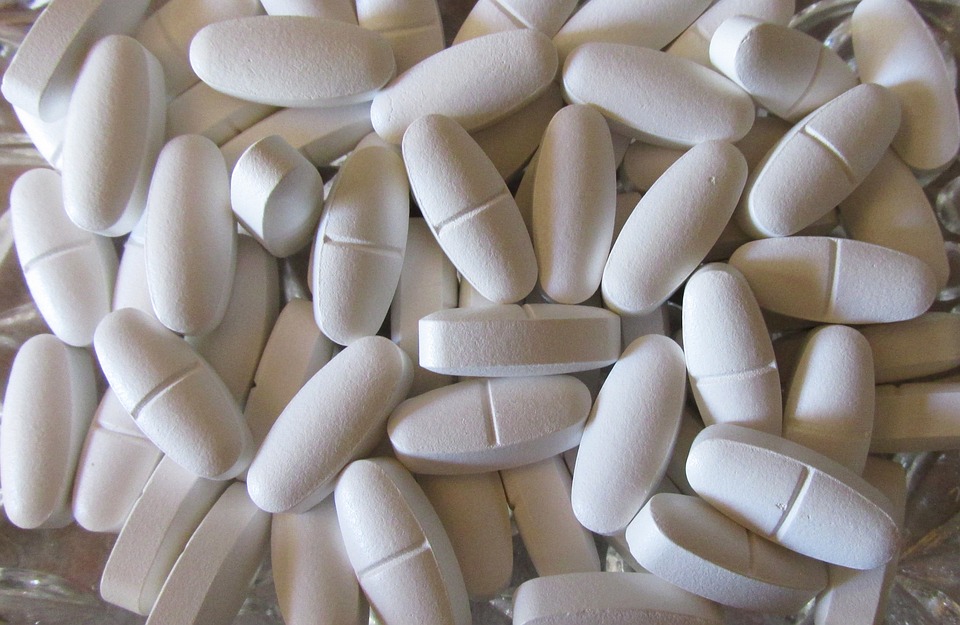The Importance of Nutrition and Recovery for Optimal Performance
As athletes, we know that proper nutrition and recovery are crucial for optimal performance and overall well-being. A well-planned diet and effective recovery strategy can help us perform at our best, reduce the risk of injury, and speed up the recovery process. In this article, we’ll explore the importance of nutrition and recovery, and provide tips on how to incorporate them into your training routine.
The Role of Nutrition in Recovery
Nutrition plays a critical role in the recovery process. When we exercise, our bodies use up energy stores and break down muscle tissue. Adequate nutrition helps to replenish these energy stores and support muscle repair and growth. A well-balanced diet that includes protein, complex carbohydrates, and healthy fats can help to:
- Replenish energy stores: Carbohydrates are the body’s primary source of energy. Adequate carbohydrate intake helps to replenish energy stores and support muscle function.
- Support muscle repair and growth: Protein is essential for muscle repair and growth. Adequate protein intake helps to promote muscle recovery and reduce muscle soreness.
- Reduce muscle inflammation: Omega-3 fatty acids and antioxidants found in fruits, vegetables, and nuts can help to reduce muscle inflammation and promote recovery.
The Role of Recovery in Nutrition
Recovery is just as important as nutrition when it comes to optimal performance. Adequate recovery allows our bodies to repair and adapt to the demands of exercise, which can help to:
- Reduce muscle soreness: Adequate recovery helps to reduce muscle soreness and improve muscle function.
- Improve muscle function: Recovery allows our bodies to adapt to the demands of exercise, which can help to improve muscle function and performance.
- Reduce the risk of injury: Adequate recovery can help to reduce the risk of injury by allowing our bodies to repair and adapt to the demands of exercise.
Tips for Incorporating Nutrition and Recovery into Your Training Routine
Here are some tips for incorporating nutrition and recovery into your training routine:
- Eat a balanced diet: Focus on whole, unprocessed foods such as fruits, vegetables, whole grains, lean proteins, and healthy fats.
- Consume carbohydrates and protein within 30-60 minutes after exercise: This can help to replenish energy stores and support muscle repair and growth.
- Stay hydrated: Adequate hydration is essential for optimal performance and recovery. Aim to drink at least 8-10 glasses of water per day.
- Get enough sleep: Adequate sleep is essential for recovery and muscle repair. Aim for 7-9 hours of sleep per night.
- Incorporate recovery techniques: Techniques such as foam rolling, stretching, and self-myofascial release can help to reduce muscle soreness and improve muscle function.
- Listen to your body: Pay attention to your body and take rest days as needed. Ignoring fatigue and pushing through can lead to injury and burnout.
Conclusion
Nutrition and recovery are critical components of any training program. By incorporating a well-planned diet and effective recovery strategy into your routine, you can optimize your performance, reduce the risk of injury, and speed up the recovery process. Remember to focus on whole, unprocessed foods, consume carbohydrates and protein within 30-60 minutes after exercise, stay hydrated, get enough sleep, incorporate recovery techniques, and listen to your body. With a combination of proper nutrition and recovery, you’ll be able to perform at your best and achieve your fitness goals.




GIPHY App Key not set. Please check settings